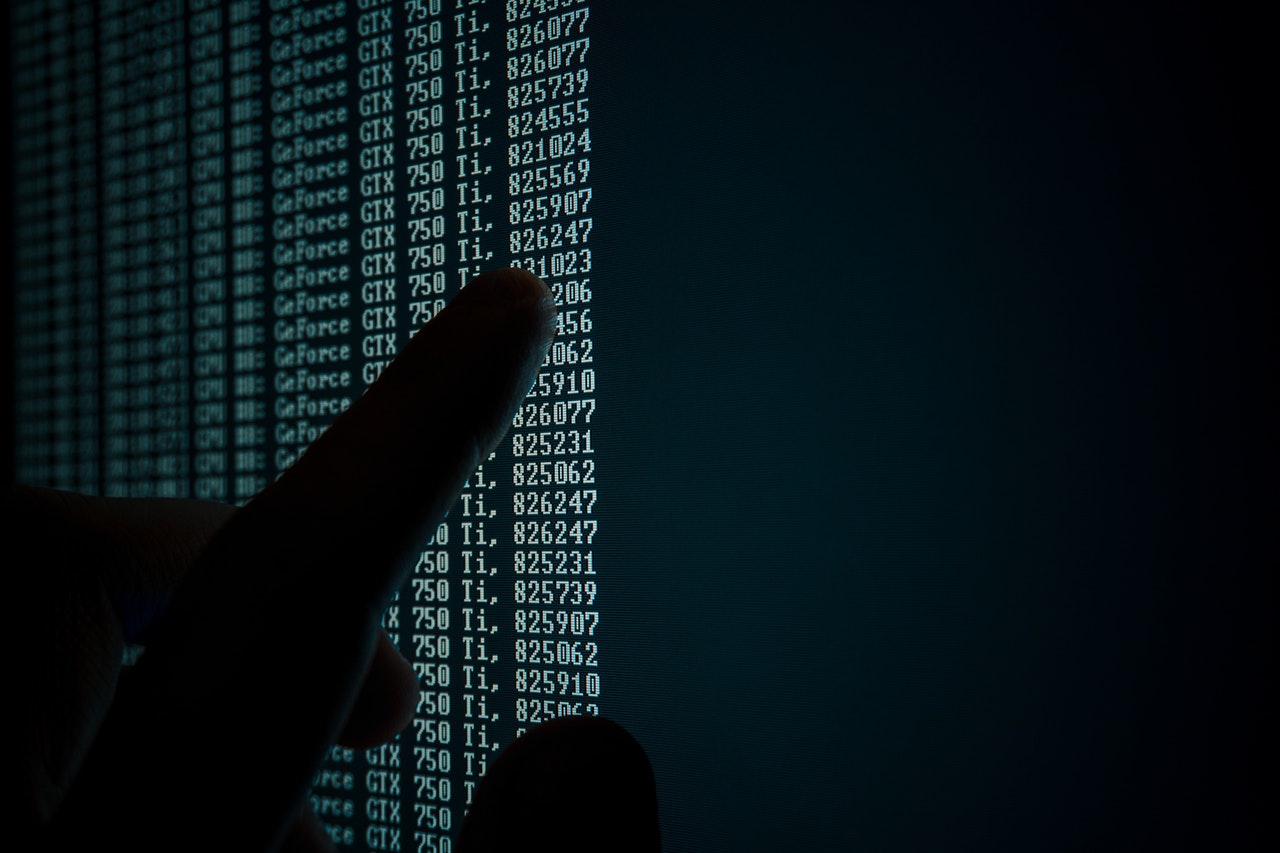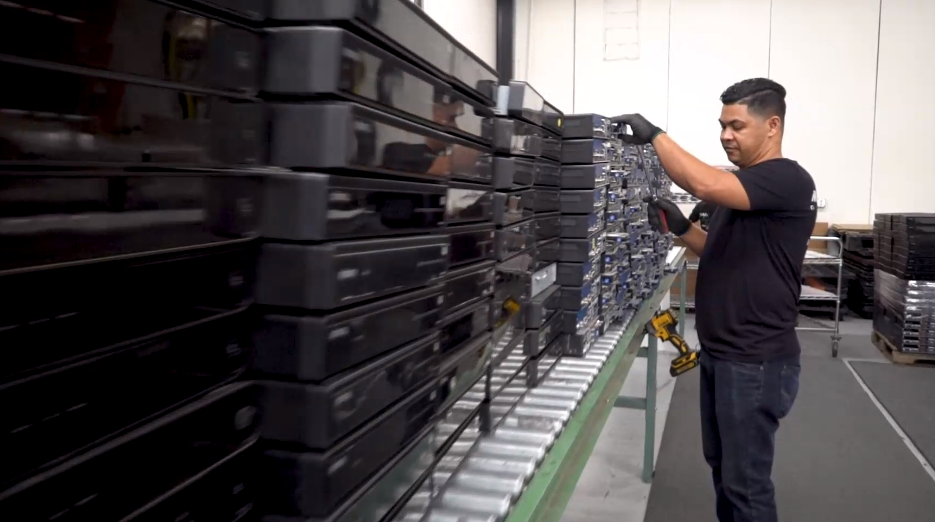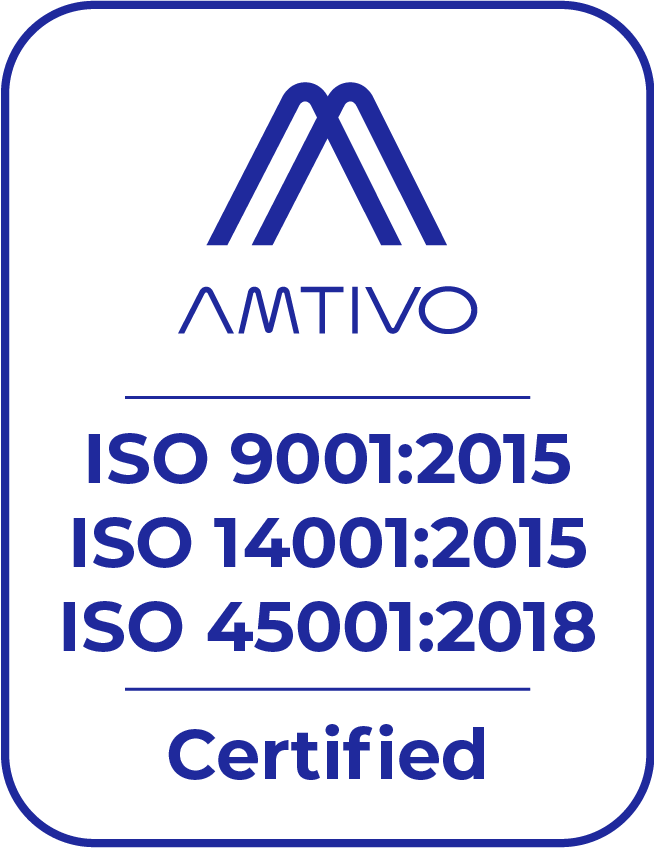
The average cost of a data breach is $3.8 million, and Juniper Research predicts that number will grow to a staggering $150 million by 2020. So, it’s no wonder that many businesses fear data center resale. After all, data breaches are scary business and compromised data centers are a big deal.
On top of this, you want to find a way to get the most “bang for your buck” and alleviate environmental concerns. It may seem like a daunting process. But reselling retired data center hardware doesn’t have to cause headaches.
Let’s go over some ways that you can mitigate potential threats during the data center resale process.
Find the right partner
The first — and most important — step in the process of reselling hardware containing sensitive data is finding the right partner. Going through any sales process that deals in sensitive (or potentially sensitive) information is complex. Not only do you have to ensure that all of your data is appropriately wiped; This means working with an R2-certified partner who uses DoD 5220.22-M and NIST compliant data erasure methods. There are also onsite considerations. Do you need a partner to delete the data off-site? Or, do you prefer more control and seek a provider who will act as an onsite consultant?
Make sure that you find a partner who addresses your business needs. You may feel like throwing that hardware out. But, remember, hardware accounts for more than two thirds of the potential resale value of data centers assets.
Consider the market for data center remarketing
There are also market considerations. Remarketing large quantities of data hardware has the potential to fluctuate market prices, impact market conditions, and introduce a myriad of market complexities that impact your end price. For example, moving large quantities of product to a single consumer will generally result in less capital per-product than using a network of various consumers. Also, moving assets within your own country may introduce additional issues, especially when it comes to competition and market price fluctuations.
We recommend working with a partner who understands the remarketing ecosystem thoroughly. We utilize a complex system of discrete marketers for intelligent redeployment. But every hardware asset management solution uses different methods to move product. It’s mission-critical for you to communicate market concerns with any potential partners.
Understand the environmental concerns
There’s a right way, and a wrong way, to dispose of old electronic equipment. In fact, 70% of all toxic metals in landfills is made up of electronic waste. Not only is reselling your equipment a great way to dispose of old equipment, but it’s also great for the environment — which is great for your brand. But, not every hardware remarketing business handles equipment resale in an environmentally friendly way.
Always check that you’re working with a partner who:
- Undergoes environmental audits to ensure standards-of-quality (R2-certified)
- Handles product packaging in an environmentally friendly way
- Recycles damaged equipment responsibly
- Operates with your brand’s best interest front and center.
Value each piece of equipment
The reverse supply chain hinges on honesty. So, making sure that each piece of your equipment is fully functional for its intended purpose will save you from dealing with turmoil during your remarketing process. In addition, doing detailed equipment analysis will let you squeeze every penny out of your resale.
To do this, you (or your partner) need to:
- Safely and methodically erase each piece of equipment
- Inspect each piece of equipment
- Grade each piece of equipment
- Properly recycle or repair damaged equipment
- Repackage and refurbish full units to garner high value
- Harvest and organize equipment in a logical manner
This way, you are maximizing your profits while reducing potential pain-points during the remarketing process. You’re also ensuring that your equipment is safely erased, mitigating the risk of a compromised data center.
Final thoughts
The reverse supply chain for data-sensitive hardware can be intimidating for newcomers. After all, nothing is worse than a compromised data center. Therefore, it’s crucial that you choose the right partner. We understand the resistance to resale for many businesses, especially in an age where data breaches can do significant damage. But the reverse supply chain for sensitive hardware is environmentally friendly, profitable, and entirely safe if you work with a trustworthy, certified partner with proven expertise.
If you’re looking for an IT asset management solution that can do all of the above (and more), contact us.
Mainstream Global, Inc., headquartered in Lawrence, Mass., owns and operates processing centers in Colombia, Peru, Chile, Argentina and Brazil. With over 18 years of directly servicing and re-selling assets from top-tier manufacturers, Mainstream Global is the recognized expert in the region. Our partners rely on us for compliance, security, professionalism, and brand protection, all while providing the best returns and prioritizing global environmental standards.
Read more:
Think your organization can handle secure date erasure in-house? Think again
3 important reasons to make secure data wiping a top priority
What you need to unlock potential of global remarketing in Latin America
Photo by Vitaly Vlasov from Pexels





